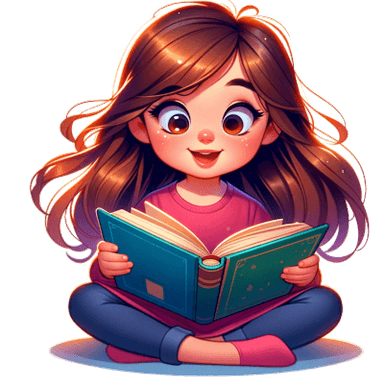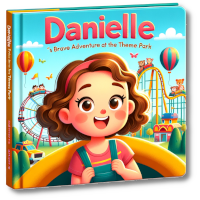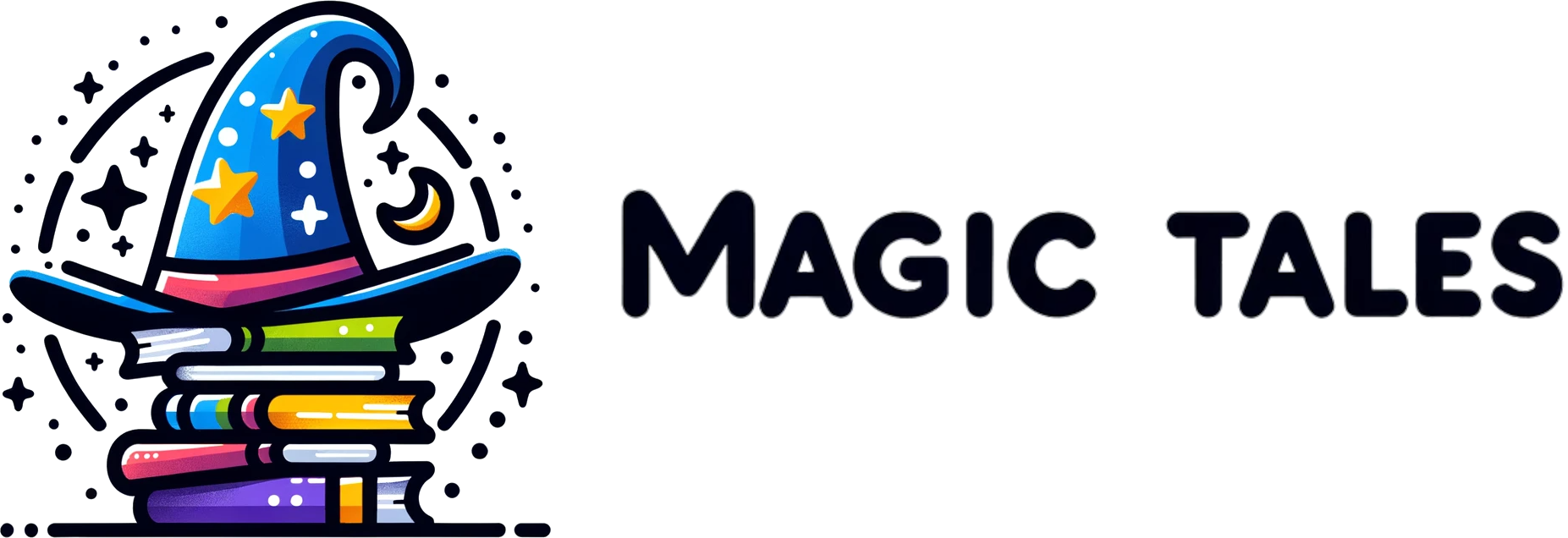Reading with children
a blog by Magic Tales

The Power of Play: Exploring the Psychology of Play in Children’s Literature
Childhood is synonymous with play. The spontaneous, imaginative and joyful play that children engage in is not only their way to have fun but also an essential aspect of their development. Unbeknownst to many, this concept of play, serves a significant role in children’s literature. The whimsical narratives, vivid characters, and intriguing plots could be perceived as a form of play, mentally stimulating the child’s brain.
The Role of Play in Children’s Literature
Play in children's literature isn't restricted to the physical realm. The journey through a book can be a mental playground for a young reader, stimulating their curiosity, imagination, critical thinking, and empathy. Stories provide children a safe space to understand their world, as well as worlds beyond their own. The humor, suspense, or even the complexity of relationships in the narrative act as elements of play that keep the young reader engaged and connected.
The Psychological Perspective
From a psychological perspective, incorporating play in children's literature fosters emotional and cognitive development in children. This blend of entertainment and learning facilitates the growth of language skills, increases problem-solving abilities, bolsters creativity, and opens avenues for discussing and understanding complex emotions. Psychologists and educators have emphasized the importance of play in children’s mental health, promoting resilience, confidence, and a sense of identity.
The works of psychologists Jean Piaget and Lev Vygotsky have extensively researched about the significance of play in a child’s intellectual growth. Piaget believed that through play, children understand their world better by creating a mental picture of their environment. On the other hand, Vygotsky noted that play allows kids to learn social norms and enhance their language skills. This aligns wonderfully with the essence of children’s literature.
Playful Characters and Themes
Think about the playful narrative of Dr. Seuss’ books, or the quirky and quick-witted Pippi Longstocking, the tongue-in-cheek humor in Roald Dahl's works, or the imaginative play in J.K. Rowling’s Harry Potter series. These characters and themes are not just entertaining, but also challenge the young reader's perceptions and reasoning abilities. The imaginative scenarios catalyze their cognitive development, feed their curiosity, and most importantly, train them to think critically.
Conclusion
In conclusion, the psychology of play in children's literature emphasizes the importance of fostering imagination, creativity, understanding, and growth for young readers. Play, in this context, is not a frivolous or secondary aspect of a child’s life, but a core element of educating and preparing them for the world. Investing in children's books that facilitate this kind of playful learning isn't just a way to keep your child entertained - it's setting the foundation for life-long learning and intellectual growth.
Want a personalized book to read with your child about Play?
Takes as quickly as 30 seconds to create
Create a book about Play

